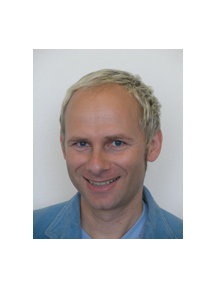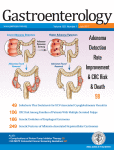 The Japanese Society of Anesthesiologists (JSA) has requested the retraction of nine additional papers by a co-author of fraudster Yoshitaka Fujii, after investigating allegations of fraud in dozens of papers.
The Japanese Society of Anesthesiologists (JSA) has requested the retraction of nine additional papers by a co-author of fraudster Yoshitaka Fujii, after investigating allegations of fraud in dozens of papers.
According to the report, a committee investigated approximately 40 publications by Yuhji Saitoh of Yachiyo Medical Center and Tokyo Women’s Medical University and “identified ten publications with clear ethics violations, one of which has already been retracted.”
Saitoh has collaborated on many papers with Fujii, an anesthesia researcher with more than 180 retractions. As we reported, Saitoh resigned from the JSA when the investigation began, and the society permanently banned him. Continue reading Society recommends 9 retractions for co-author of researcher with record number of retractions








 In six weeks, new policies for handling misconduct in Denmark will go into effect, which alter the definition of misconduct and establish clear policies for who handles such allegations.
In six weeks, new policies for handling misconduct in Denmark will go into effect, which alter the definition of misconduct and establish clear policies for who handles such allegations.